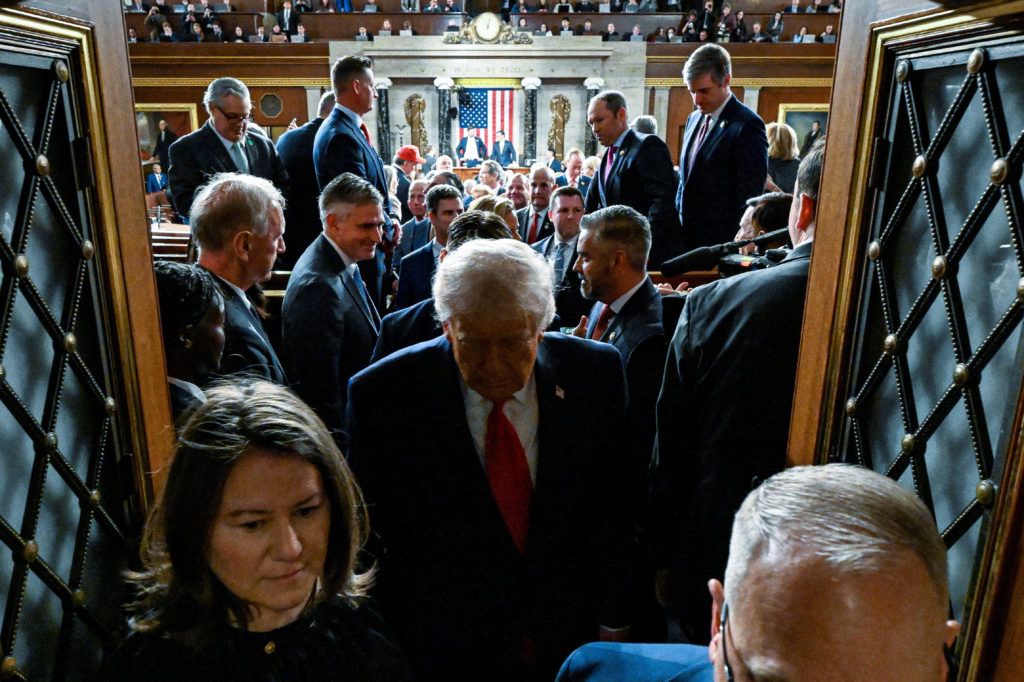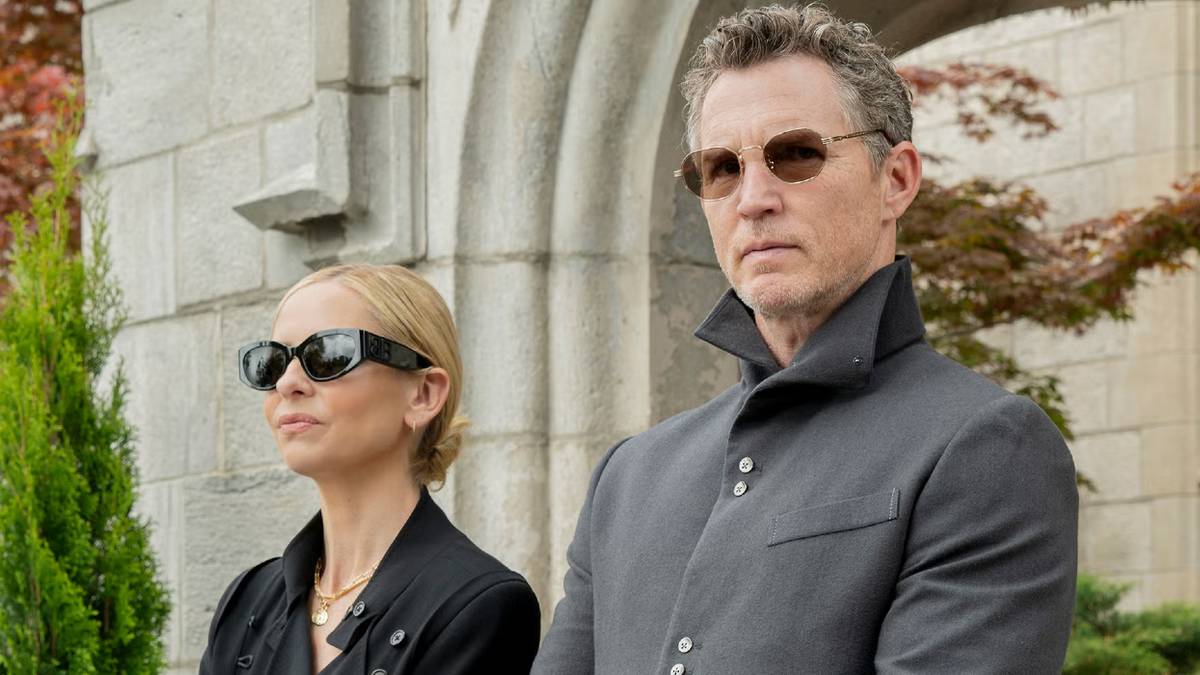Global Powers Clash on Ukraine Peace: Limiting Russia's Army, Not Kyiv's

The intricate diplomatic landscape surrounding the Russia-Ukraine conflict has been marked by a chaotic US-led push for a peace deal, often drawing criticism for proposals perceived to favor Moscow. High Representative Kaja Kallas of Estonia has consistently argued that any peace agreement must impose obligations on the aggressor, Russia, rather than the victim, Ukraine, to prevent future invasions. Her core philosophy dictates that to stop the war from continuing, the focus should be on curbing Russia's military and its significant military budget, which currently dedicates nearly 40% of its total budget to military spending, posing a threat to all.
An initial 28-point draft of the proposed deal, developed by US and Russian officials, sparked considerable consternation. This controversial plan included sweeping provisions such as demands for Ukraine to abandon its NATO ambitions, surrender territory it still controls, and limit its military size to 600,000 personnel. Europeans swiftly rallied to support Kyiv, working to refine the content and secure more equitable terms.
Following high-level discussions in Geneva, Ukraine and the US reached a modified text. While not fully disclosed, this revised proposal has already faced Russian resistance, with the most sensitive issues, including territorial concessions and Ukraine's future relationship with NATO, deferred for a direct meeting between Presidents Volodymyr Zelenskyy and Donald Trump. European governments and the EU staunchly insist that any peace deal must uphold Ukraine's sovereign right to freely organize its armed forces, currently estimated at 800,000 to 850,000 strong. Kallas emphasized that accepting limitations on Ukraine's army would be falling into a trap set by Russia.
Amidst this diplomatic flurry, Kallas and other European foreign ministers expressed deep skepticism regarding Russia's true intentions. Kallas noted "zero indications" that Russia is ready for a ceasefire, instead observing that Moscow is ramping up its military machine. She articulated that Russia's engagement in diplomacy likely stems from President Putin's inability to achieve his objectives on the battlefield. Ministers like Latvia's Baiba Braže advocated for a "peace through strength" strategy, urging maximum economic, military, and political pressure on Russia until it demonstrates a credible commitment to peace.
The European diplomatic efforts included an informal EU summit and a virtual meeting of the "Coalition of the Willing." French President Emmanuel Macron, co-chair of the coalition, echoed the call for a "strong" Ukrainian army without limitations and suggested deploying a multinational force on Ukrainian soil post-war. Kallas confirmed that the EU would make "major contributions" to security guarantees through funding, training, and defense industry support, underscoring that Russia remains the fundamental threat and aggression must not be seen to pay off, as it would invite further aggression globally.
The initial 28-point US plan, widely described as a "Russian wish list," caused panic in Kyiv. By the weekend, Europeans had drafted a counter-proposal, also 28 points, which replaced blunt territorial concessions with "negotiations on territorial swaps" and included stronger language on security guarantees. After Sunday's Geneva talks, a joint US-Ukrainian statement spoke of "highly productive" discussions and the need for a "sustainable and just peace." The latest version of the plan, slimmed down to 19 points, still leaves key issues for future high-level talks.
One of the most critical aspects of any potential agreement revolves around security guarantees. The original US document offered vague "reliable security guarantees." European leaders, however, advocated for a US guarantee that "mirrors Article 5" of NATO's collective defense principle. While operational plans for a multinational "reassurance force" are being formed, their implementation hinges on the extent of American backing. Daniel Fried, former US assistant secretary of state, highlighted that security guarantees still need to be thoroughly developed.
Territorial issues also remain a significant point of contention. The initial 28-point plan bluntly stated that Crimea, Luhansk, and Donetsk would be "recognised as de facto Russian," and Ukrainian forces would withdraw from contested parts of Donetsk. The European counter-proposal removed this language, suggesting Ukraine would commit "not to recover its occupied sovereign territory through military means" and that territorial negotiations would start from the "Line of Contact." The US-Ukrainian communique from Geneva only obliquely addressed this, reaffirming that any future agreement must "fully uphold Ukraine's sovereignty."
Despite the fast pace of diplomacy, involving figures like Trump's envoy Steve Witkoff and Ukrainian intelligence chief Kyrylo Budanov, the path to peace is fraught with uncertainty. Factors such as Trump's unpredictable approach, Putin's lingering ambitions, and Zelenskyy's domestic challenges, including a corruption scandal, make the outcome difficult to predict. Experts like Leslie Shedd of the Atlantic Council believe that while the Trump administration is serious about finding peace, it is still a long way from a final resolution.
Recommended Articles
Trump's State of the Union Address: Global Echoes and Divisive Claims

Donald Trump delivered the longest State of the Union address in history, marked by deep political division and controve...
Explosive Moments and Political Drama Mark Trump’s Chaotic Address

President Donald Trump's State of the Union address on February 24, 2026, ignited fierce political contention as Democra...
Cardi B Responds to Trump Adviser Amid Nicki Minaj Bot Report Dispute

A public spat erupted between Cardi B and Donald Trump advisor Alex Bruesewitz over a report suggesting bots amplified N...
Global Diplomacy Stunned: US Abstains on Crucial UN Vote Supporting Ukraine

The UN General Assembly recently backed Ukraine's sovereignty on the fourth anniversary of Russia's invasion, but the U....
Dropkick Murphys to Rock Minneapolis for a Cause: Free Concert Honors Alex Pretti and Renée Good

The Dropkick Murphys are set to host a free "Abolish ICE" fundraising concert in Minneapolis on March 6 to honor Alex Pr...
AI Fears Rock Markets: Trump's Tariffs Compound Investor Worries
U.S. stocks fell significantly on Monday as President Trump's escalated tariffs and investor fears over AI competition r...
You may also like...
Premier League Fury: Chelsea & West Ham Hit With Heavy Fines Over Mass Brawl

Chelsea and West Ham have been hit with significant fines by an independent regulatory commission following a mass confr...
NBA Shocker: Luka-LeBron Botch Crushes Lakers' Hopes Against Magic

The Los Angeles Lakers suffered a narrow 110-109 defeat to the Orlando Magic, following a critical botched inbounds play...
Ryan Gosling Shines in 'Project Hail Mary,' Early Buzz Hails 'Must-See Space Odyssey'

Phil Lord and Christopher Miller's "Project Hail Mary" is receiving stellar early reviews, with critics calling the sci-...
Margot Robbie's Latest Epic Love Story Dominates Box Office, Outperforms 'RRR'

"Wuthering Heights," director Emerald Fennell's controversial adaptation of Emily Brontë's novel, has achieved significa...
End of an Era? Mike Patton Hints at Faith No More Split, Fans Brace for Impact

Mike Patton suggests Faith No More's active period may be over, citing an unspoken sense of closure after their last per...
Rock & Roll Hall of Fame Shakes Up 2026 With Star-Studded Nominee List and Artist Reactions

The Rock & Roll Hall of Fame has announced its 17 nominees for the Class of 2026, featuring 10 first-time contenders lik...
Snoop Dogg Unveils Shocking Connection to Bitter Beckham Family Spat

Hollywood megastar Snoop Dogg has weighed in on the ongoing Beckham family feud, which saw Brooklyn Beckham publicly acc...
Shawn Hatosy's Shocking 'Twin, Wife, Mom' Remark on Sarah Michelle Gellar's Ursula

"Ready or Not 2: Here I Come" picks up immediately after the first film, as Grace's survival triggers a new, dangerous g...